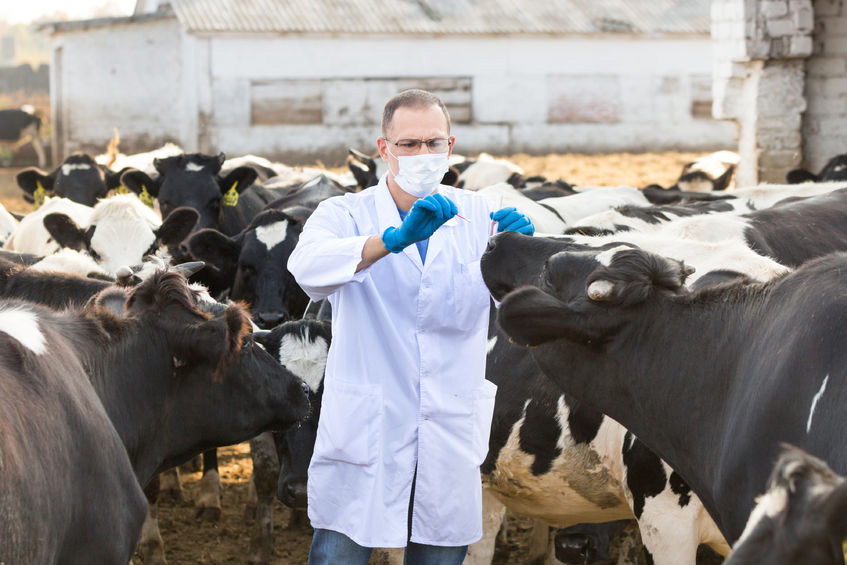Scottish scientists develop vaccine against E.coli cattle strain

A new vaccine aiming to control E.coli 0157 in cattle, which can prove fatal in humans, has been developed by a team of scientists in Scotland.
Public Health England (PHE) investigated a national outbreak of a rare strain of E. coli O157 that was identified by PHE's whole genome sequencing (WGS) technology.
There were 161 cases of this strain of E. coli identified (England 154, Wales 6 and Scotland 1).
The strain has been implicated in outbreaks of human disease via the cross-contamination of foods and direct contact with the faeces of affected animals.
Although the largest E. coli O157:H7 human infection outbreaks have been due to food poisoning, most cases in Scotland are apparently sporadic, affecting only one person or household. Sporadic infection has been strongly associated with contact with livestock faeces.
Illness in humans
Now the team of scientists from Moredun Institute, the Roslin Institute and Scotland's Rural College have developed a vaccine which could control the spread.
Dr Tom McNeilly at the Moredun Institute said it will be a tough sell to get a company to take up the vaccine.
"There are no perceived issues with the bacteria causing any disease in the cattle populations, so it always comes down to who should pay to vaccinate cattle against a disease which doesn’t cause them any illness but can potentially cause illness in humans.
"In North America there have been two vaccines under special licence and one has been taken off the market because of poor sales, so in the cattle industry there, they’re unconvinced about the cost benefit of employing the vaccine.
"We seem to have strains of bacteria in Scotland that are slightly different to those seen in the rest of the UK and these seem to be bacteria that shed at higher levels in cattle.
"There seems to be an association between strains that shed high levels from cattle and they seem to be the ones that cause more human infections. So the concept that all E.coli 0157 strains are the same is not the case. We know they vary quite a lot in their ability to shed between animals and they transmit at different rates between animals."
There have been several surveys of cattle farms for the presence of the E.coli strain. Two of the largest surveys were conducted in Scotland, both reporting around 20% of cattle farms as positive.








